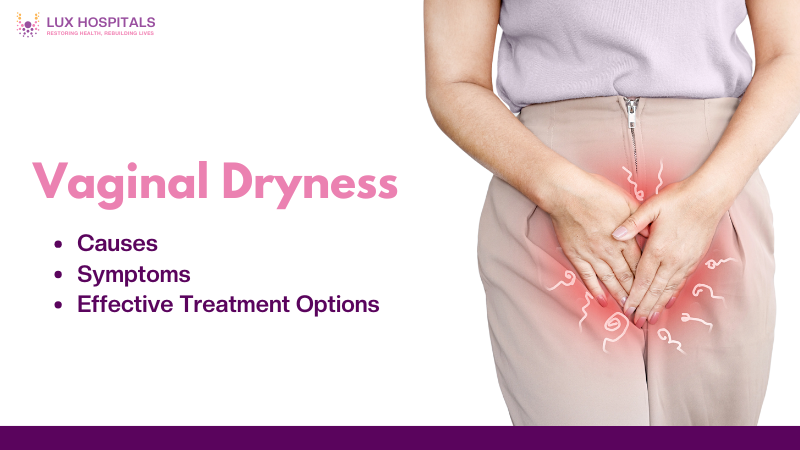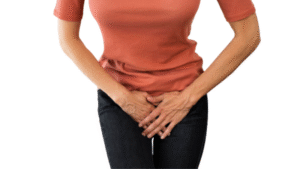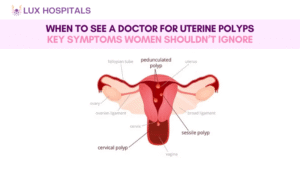Vaginal Dryness: What Every Woman Should Know

Millions of people at all stages of life suffer from vaginal dryness, a common but frequently acknowledged problem. Knowing what causes vaginal dryness enables people to spot triggers early and obtain the assistance they require. If left untreated, vaginal dryness can impair quality of life by producing discomfort during sexual activity and everyday tasks. This comprehensive guide explores what leads to vaginal dryness, highlights its telltale signs, and outlines both medical and home-based strategies for relief.
Causes of Vaginal Dryness
Several factors disrupt natural lubrication and lead to vaginal dryness:
- Hormonal fluctuations: A decline in estrogen during perimenopause and menopause thins vaginal tissue and reduces moisture.
- Breastfeeding and postpartum changes: Elevated prolactin and low estrogen levels after childbirth can trigger vaginal dryness.
- Medications: Antihistamines, certain antidepressants, and some chemotherapy agents often worsen vaginal dryness.
- Autoimmune conditions: Diseases like Sjögren’s syndrome attack moisture-producing glands, intensifying vaginal dryness.
- Lifestyle factors: Smoking, high-stress levels, and excessive alcohol use further deplete natural lubrication.
Other life changes, like breastfeeding, can trigger vaginal dryness, while intimate hygiene practices such as douching or using harsh soaps strip protective oils. Certain medications worsen vaginal dryness, making professional consultation essential when side effects emerge.
Symptoms of Vaginal Dryness
Individuals with vaginal dryness may experience:
- Itching or irritation in the vaginal area
- Burning sensations, especially during or after intercourse
- Painful intercourse (dyspareunia) or discomfort with penetration
- The feeling of tightness or rawness internally
- Light bleeding or spotting following sexual activity
- General discomfort during exercise or day-to-day movement
Recognizing these signs early enables timely intervention and prevents escalation into chronic pain or recurrent infections.
Treatment Options for Vaginal Dryness
Effective treatments for vaginal dryness range from simple over-the-counter fixes to advanced medical therapies:
- Water-based lubricants: Provide immediate, short-term relief during intimacy and are compatible with condoms and toys.
- Silicone-based lubricants: Offer longer-lasting lubrication, reducing the need for frequent reapplication.
- Vaginal moisturizers: Applied internally on a regular schedule, they maintain baseline hydration for days at a time.
- Low-dose vaginal estrogen: Hormonal treatments directly address vaginal dryness by restoring estrogen to vaginal tissues, improving thickness and elasticity.
- Systemic hormone replacement therapy (HRT): For those also experiencing other menopausal symptoms, HRT can improve overall hormonal balance and indirectly ease vaginal dryness.
- Pelvic floor exercises: Strengthen muscles, boost circulation, and support natural moisture production.
- Lifestyle adjustments: Quitting smoking, reducing alcohol intake, and increasing water consumption all mitigate vaginal dryness.
- Dietary phytoestrogens: Foods like soy, flaxseeds, and legumes may offer gentle, natural support against vaginal dryness. Dryness of the vagina.
Prevention Tips
- Stay hydrated: Aim for at least 1.5 to 2 liters of water daily to support mucosal health.
- Avoid irritants: Choose gentle,e-free cleansers and skip douching.
- Quit smoking and limit alcohol: Improves blood flow and preserves tissue integrity.
- Sexual activity : Regular sexual activity or stimulation promotes natural lubrication through increased blood flow.
- Pelvic floor exercises: Strengthen muscles and support moisture production.
When to See a Doctor?
Seek professional advice if you experience any of the following despite home measures:
- Persistent itching, burning, or pain during intercourse after several weeks of self-care.
- Unexplained light bleeding or spotting not linked to your menstrual cycle.
- Recurrent vaginal infections or discharge changes alongside dryness.
- Severe symptoms that interfere with daily activities or intimate relationships.
Conclusion
Addressing vaginal dryness early empowers individuals to claim their vulvas in bullet-point clarity and apply targeted treatments—from lubricants to laser therapy. Managing vaginal dryness proactively ensures lasting relief, enhanced sexual health, and a greater quality of life. Non-hormonal options Relieve vaginal dryness symptoms promptly, while hormonal approaches tackle root causes. Combining comfort and intimacy without delay. You can alleviate dryness at its source by recognizing that symptom therapies, such as lubricants plus pelvic exercises, often yield the best outcomes.
Frequently Asked Questions
Declining estrogen levels—especially during menopause—thin vaginal walls and reduce lubrication. Additional triggers include age-related hormonal shifts, certain medications (like antihistamines), and autoimmune conditions such as Sjögren’s syndrome. Lifestyle habits like smoking and harsh intimate hygiene can further aggravate dryness.
Over-the-counter water-based lubricants offer immediate relief during intimacy. Silicone-based lubricants provide longer lubrication, cutting down on reapplication. Regular use of internal vaginal moisturizers keeps tissues hydrated between encounters.
Low-dose vaginal estrogen delivers hormones directly to vaginal tissues with minimal absorption into the bloodstream. It effectively restores thickness, elasticity, and moisture in most users. Please talk to your healthcare physician about this. Ensure it aligns with your medical history.
Yes, quitting smoking and cutting back on alcohol improve blood flow and tissue health. Staying well-hydrated and engaging in regular pelvic floor exercises support natural lubrication. Any well-rounded diet high in phytoestrogens (such as flaxseed and soy) may also ease symptoms.
If over-the-counter remedies don’t relieve itching, burning, or pain during intercourse after several weeks, consult a gynecologist: persistent spotting or sudden changes in discharge warrant prompt evaluation. Early medical advice ensures tailored treatment and rules out underlying conditions.






















